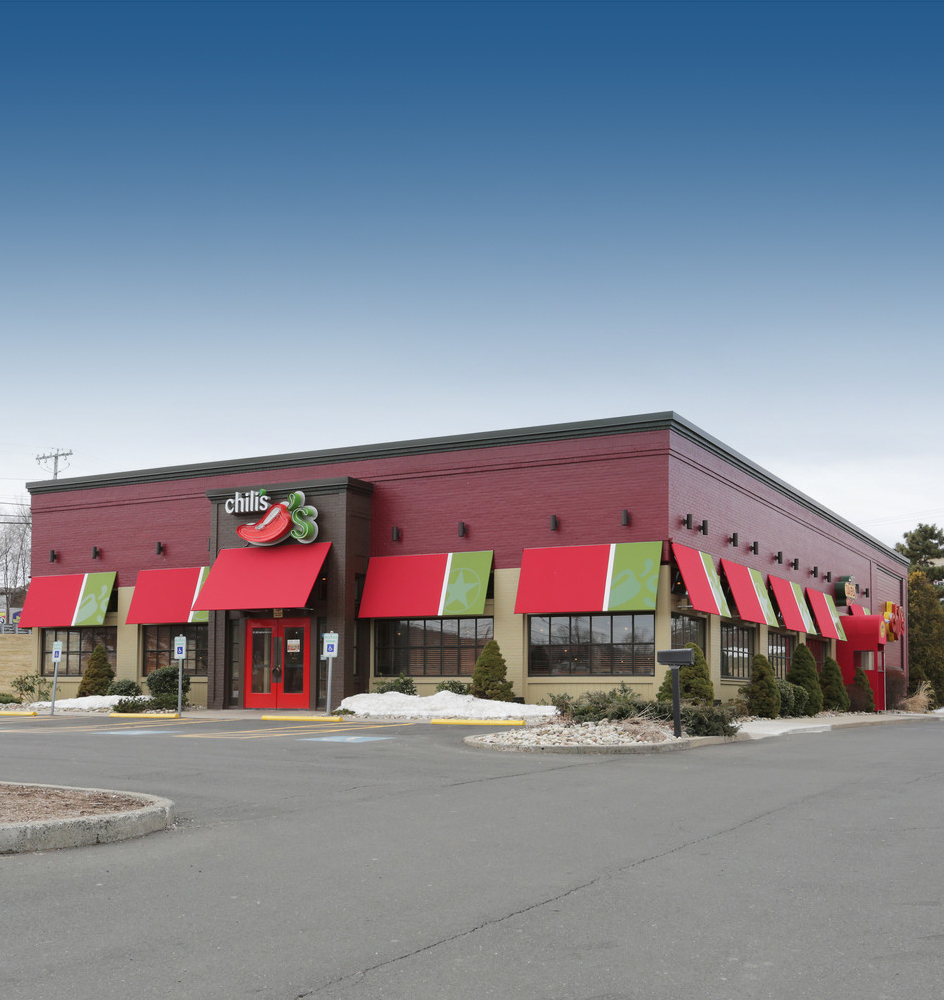Business Valuations

“Unlike other business types, business enterprise value of restaurants exists only to the degree that it contributes value beyond the real estate"
A practice that has become common in recent years for SBA loans is for two separate appraisals to be ordered for the real estate and for the business component; this practice is unfortunate because it is fundamentally at odds with appraisal best practices.
The Appraisal of Real Estate 14th Edition states: It is generally improper to value the real property, personal property, and intangible property separately from the going concern and simply sum up those individual values to arrive at the value of the whole property under the going-concern premise.
Restaurant business are unique enterprises relative to other business types because they are a location dependent business. It is a business type that typically cannot be moved. And as with many real estate-centered going concerns, the business is intertwined with the real estate, as well as equipment and liquor license values. The co-dependence of these value components make restaurant business valuations challenging.
Unlike other business types, business enterprise value of restaurants exists only to the degree that it contributes value beyond the real estate. That sentence is probably worth reading a second time because it is an extremely important concept with this property type.
In short, only the more profitable restaurants will include more than a nominal degree of business enterprise value beyond the real estate, the liquor license as well as the equipment. Attempting to value the business without accurately accounting for the real estate component, results in a number of potential fatal flaws for the analysis.
Sales of Restaurant Businesses are Tantamount to the Sale of a Leased Fee Interest
Technically, leasehold interests are real estate, but as a practical matter both positive and negative leasehold interests can dramatically impact the value of the business enterprise.
Restaurant businesses cannot be moved, therefore, imagine a scenario where a short-term lease at $10.00/SF net terms is coming due and the landlord has decided that he will only renew the lease at $30/SF.
Would that impact the value that a prospective buyer would pay for the business?
Alternatively, if a restaurant tenant is able to negotiate a far below-market lease rate on a long-term basis; would that enter into the buyers consideration of how much to pay for the business?
Another scenario might be significant changes in a local market area where current lease rates have declined, but a long-term lease is in effect. Such a scenario would materially impact the price that a prospective buyer would be willing to pay for the business.
In addition, with most leases for restaurant properties commonly lease on net terms with the tenant responsible to pay property taxes, would a tax assessment far above market impact the value of the business? Since buyers are primarily interested in the income generating potential of the business, excessive expenses have an impact on that value.